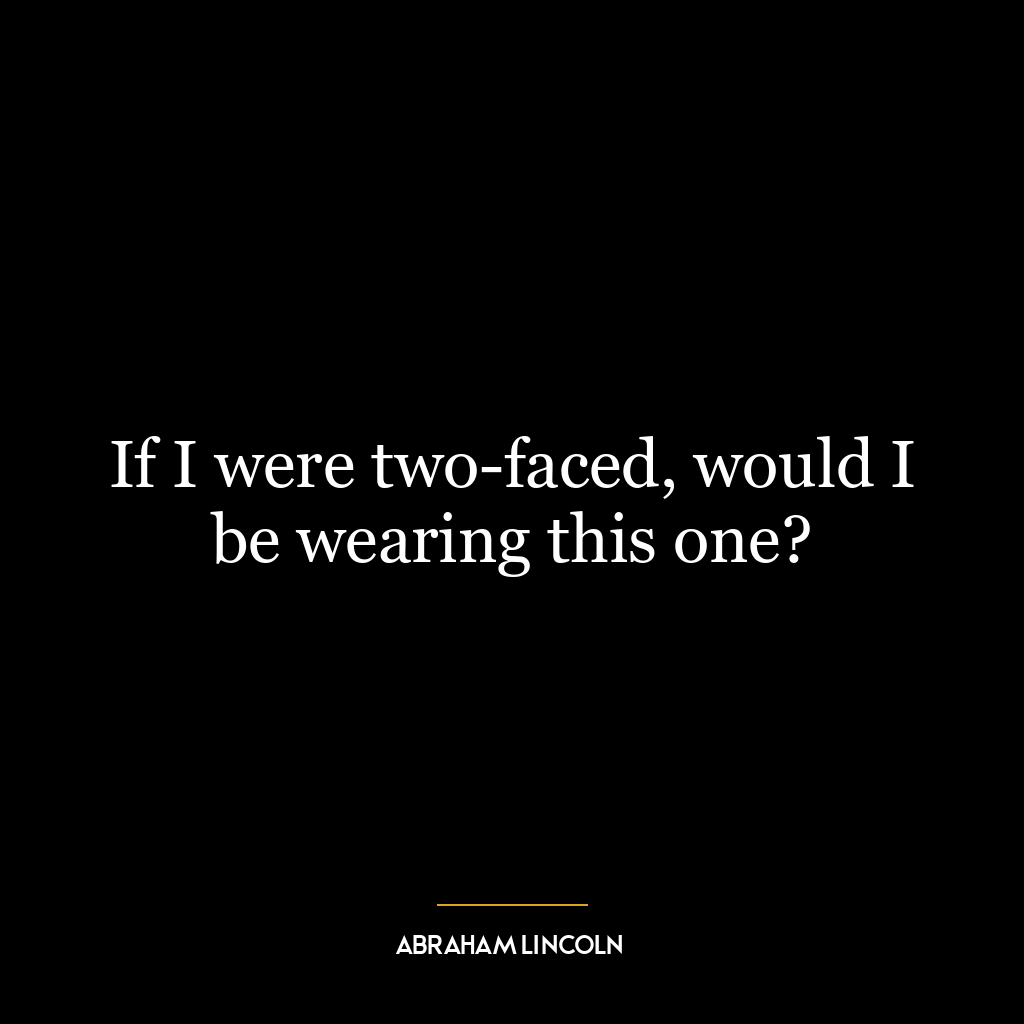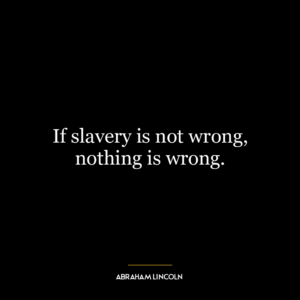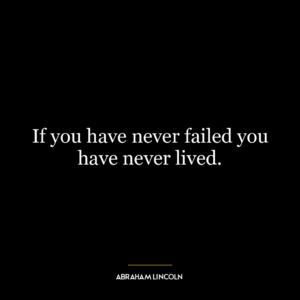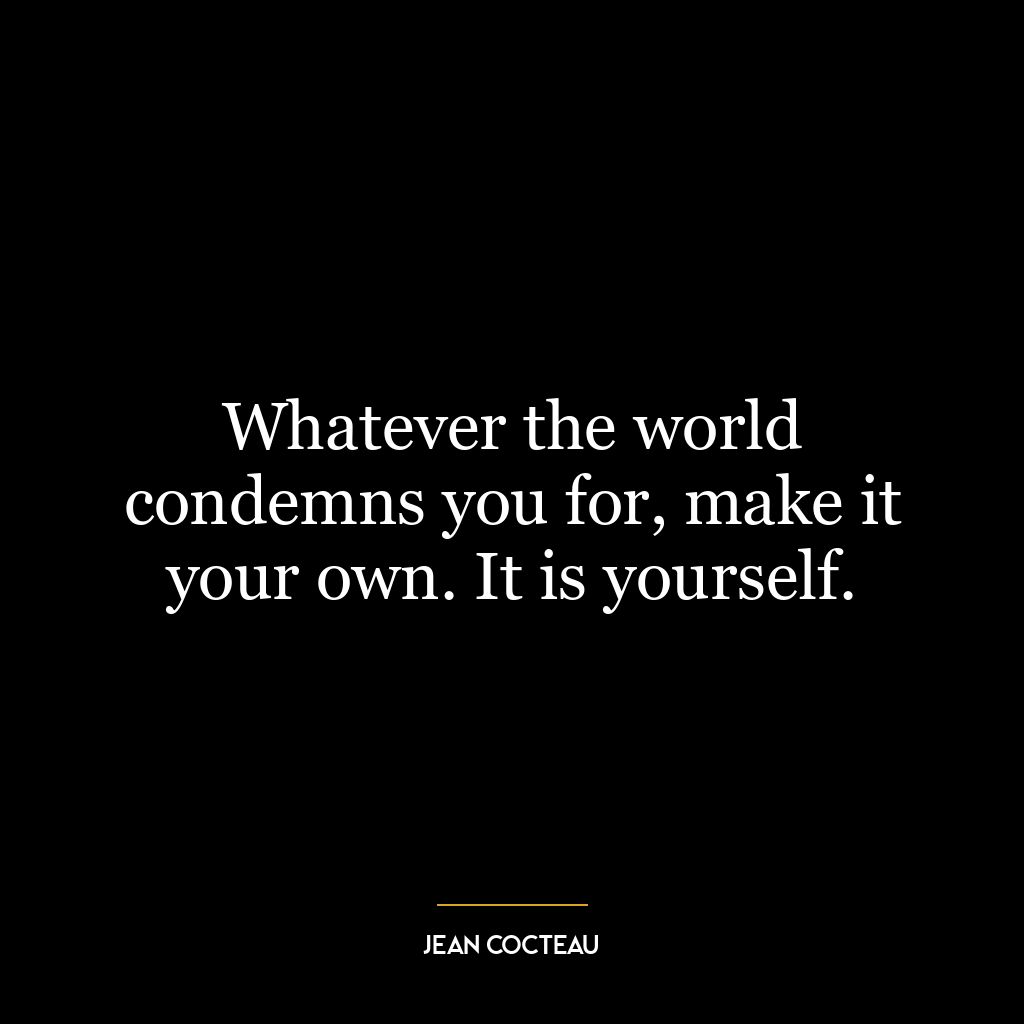If I were two-faced, would I be wearing this one?
This quote is a humorous yet profound reflection on authenticity and self-perception. Essentially, it suggests that if the speaker had the ability to present a different, perhaps more attractive or agreeable, face to the world, they would not choose the one they currently have. It underscores the idea that the speaker is genuine and not trying to deceive or mislead others by pretending to be someone they’re not.
The quote also offers an intriguing perspective on the concept of two-facedness. Often, being two-faced is associated with deceit and duplicity. However, the quote suggests that everyone has the potential to be ‘two-faced’, not necessarily in a negative sense, but in the sense that we all have the capacity to present different aspects of ourselves in different situations. Yet, the speaker chooses to present a consistent and authentic face to the world, despite its flaws and imperfections.
Applying this idea to today’s world, it serves as a reminder of the importance of authenticity in an age where social media and digital communication often encourage us to present an idealized version of ourselves. It suggests that it’s better to be genuine and true to oneself, even if it means revealing our flaws and imperfections, rather than trying to maintain a perfect facade.
In terms of personal development, this quote can be seen as an encouragement to embrace our true selves and not be afraid to show our real face to the world. It suggests that authenticity, honesty, and consistency are more valuable than trying to present an ideal image that doesn’t reflect who we truly are. It reminds us that personal growth comes from acknowledging our flaws and working to improve ourselves, rather than hiding them behind a false mask.















